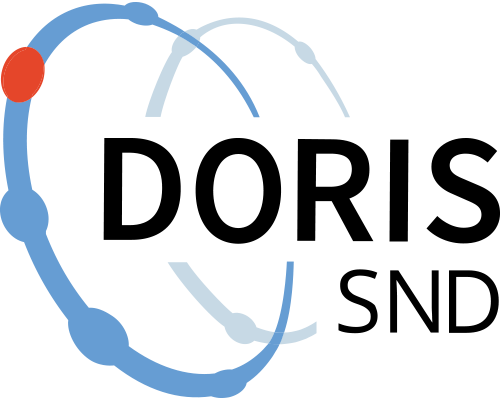Swedish election survey panel 1998-2002
https://doi.org/10.5878/002208
This is the fourteenth election study carried out in Sweden in connection with a Swedish general election. Many of the questions are replications of questions asked in one or several of the previous surveys, but there are also a number of questions not asked before. The interview included questions on how much the respondent takes part of political matters in mass media; political interest in general and political discussions among family and friends; important issues when deciding how to vote; and preferred formation of the government after the election as well as person preferred as prime minister. There were also a number of questions on the opinions of the political parties regarding: employment, environment, taxes, the Swedish economy, energy and nuclear power, foreign affairs and security policy, social safety, old-age care, the European Union, refugees, law and order, equality between men and women, education and child care. Political parties and party leaders were to be placed on a scale ranging from strongly dislike to strongly like. Respondents also had to give their opinion on the Social democratic party and the Conservative party and their party leaders with regard to how reliable, inspiring, and sympathetic they are and how much they know about what ordinary people likes. The respondents also had to state how much confidence they had in Swedish politicians. A number of questions dealt with party preference; vote in the September elections; things important when choosing party; votes in earlier elections. As in earlier election studies the respondent had to place the political parties on a political left-right scale. In this survey the political parties also had to be placed on a scale concerning their opinion towards EMU. The respondent also had to place herself/himself on these scales.
Purpose:
Explain why people vote as they do and why an election ends in a particular way. Track and follow trends in the Swedish electoral democracy and make comparisons with other countries.
The respondents of the panel in the data set are identical to those who participated in the Swedish national election study of 1998 and 2002
Citation and access
Citation and access
Data access level:
Creator/Principal investigator(s):
- Sören Holmberg - University of Gothenburg - Department of Political Science
- Statistics Sweden
Research principal:
Data contains personal data:
No
Citation:
Method and outcome
Method and outcome
Geographic coverage
Geographic coverage
Administrative information
Administrative information
Topic and keywords
Topic and keywords
Relations
Relations
Publications
Publications
Metadata
Metadata
Version 1.0
